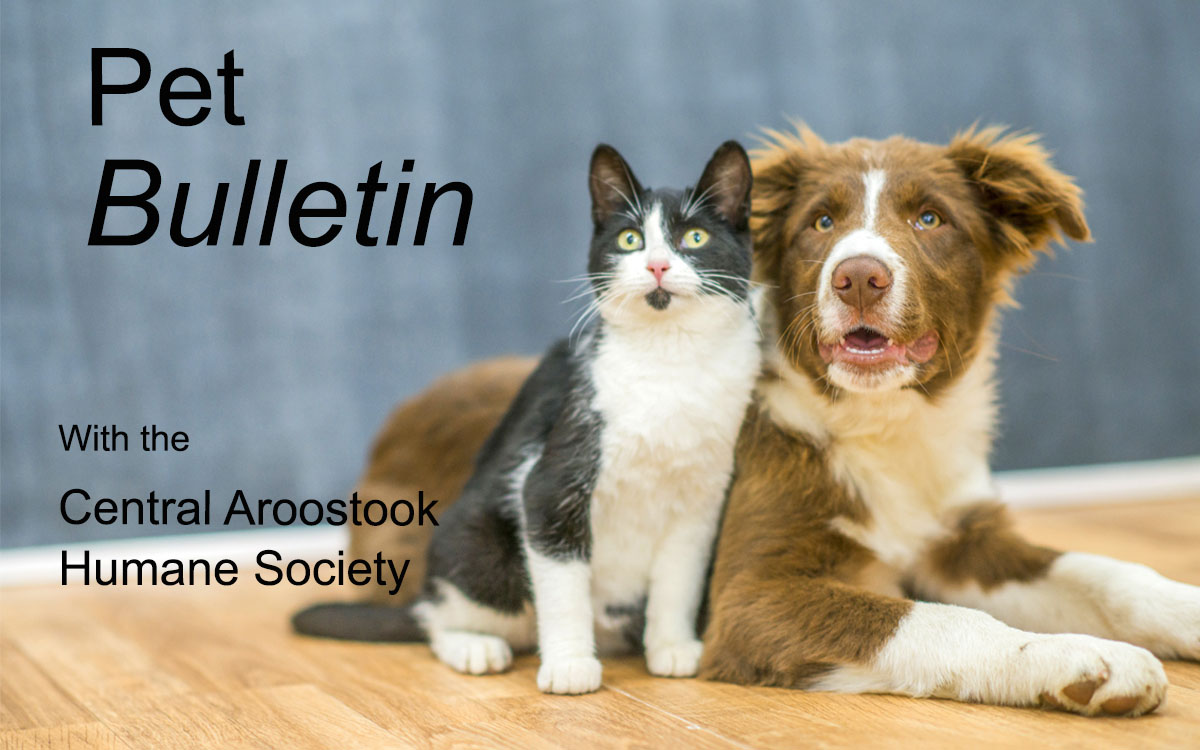What happens to your beloved pet if he outlives you? Discussing death, whether yours or a pet’s, is not pleasant. However, what happens to our pet if we pass away first is a concern that many people, especially those who are older, worry about.
If we have a spouse, we are quite certain our beloved pet will have care; however, if the surviving spouse is elderly, arrangements should be made for ongoing care. If we have children or a very close friend, often they agree to take care of the pet; however, we really want to be certain they are sincere. Often family or close friends make promises to be kind, but they are not willing to follow through when they are needed.
There is one very safe way to ensure your pet’s care after your death, and that is the creation of a trust, according to PetPlace.com. A trust is a legal entity where you place your money to be used for a specific cause. In this case, it is for the care of your pet.
Pet experts advise that it is important to have a lawyer who is understanding of your need for a trust. The cost for preparing this kind of trust is modest as it isn’t a complex matter.
It is vital when establishing a trust for your pet to select a trustee who will care for your pet in the way you would want. A trustee can be a person or an organization, but it is so important that all issues be discussed about your pet/pets so that you are comfortable with the care they will receive in case of your death. It is recommended that a backup caregiver be selected in case the trustee becomes incapacitated or dies.
It will be necessary to place an appropriate amount of money (principal) in the trust to cover the annual cost of food, grooming and veterinary care. Also, include the number of pets and their expected life expectancy which is also used to calculate the amount of money needed for the principal. The duration of the trust may be for the life of your pet, or if there are more than one, the life of the last pet to die or 21 years, whichever occurs first.
If money remains in the trust after the death of the animal, a decision needs to be made about who is to receive it. Generally, a trustee should be compensated for care provided. Therefore the funds could go to the trustees or backup person.
There is a concern that if the trustee is to receive the funds left in the trust, the pet might pass away before he should. This is a terrible thought to me, and that is why it is so important to select the trustee and backup person with utmost care.
Including a certain annual fee in the trust for the trustee, and then giving any money remaining in the trust to a designated animal shelter seems an ideal solution to me. Again, these are just my thoughts on the matter.
Please visit us at the Central Aroostook Humane Society at 24 Cross Street, Presque Isle. We have many loving cats and dogs that desperately need a loving home. Please be responsible: spay and neuter your pets.
Carolyn Cheney is a member of the Central Aroostook Humane Society board of directors.








